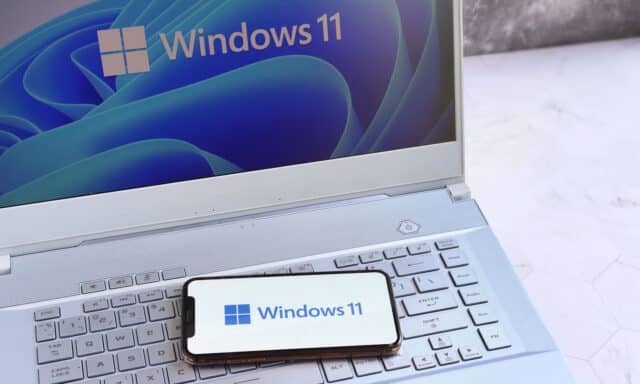Microsoft makes massive MIDI improvements for musicians using Windows 11

The MIDI (Musical Instrument Digital Interface) standard is decades old, but still going strong. It continues to serve musicians, making it possible to reliably connect a range of instruments to computers. With the latest update to Windows 11, Microsoft ushers in some significant MIDI improvements.
The launch of Windows 11 build 27788 sees the arrival of Windows MIDI Services Public Preview. Microsoft describes this as “our complete rewrite of MIDI on Windows with a focus on a great experience for musicians and a strong foundation for future expansion and enhancement”. Importantly, there is now full support for MIDI 2.0.
See also:
- Microsoft is getting serious about discouraging people from installing Windows 11 on unsupported hardware
- Microsoft releases KB5050094 update to fix audio issues caused by earlier update
- Microsoft is dropping the privacy protection VPN feature from Microsoft Defender really soon -- unless you pay up
There are a huge number of MIDI-related changes and additions in this latest Windows 11 build which is currently available to Windows Insiders on the Canary channel. With the assistance of AMEI, Microsoft has introduced a new USB MIDI 2.0 Class Driver which is backwards compatible with MIDI 1.0. There are also previews of the Windows MIDI Services App SDK and tools. This includes the MIDI Settings app -- a desktop application for “managing endpoints, renaming endpoints and ports, creating loopback devices, managing your network MIDI 2.0 connections, and more”.
Microsoft’s own MIDI stack, Windows MIDI Services, brings a lot to the (mixing) table. Microsoft highlights various features:
- Full support of the MIDI 2.0 Standard, including high-speed data transmission, higher-fidelity messages, increased resolution for controller values, and full in-service MIDI 2.0 endpoint discovery and protocol negotiation.
- Faster transports, leading to better timing and reduced jitter.
- Faster USB MIDI driver with full support for both MIDI 1.0 and MIDI 2.0.
- Every endpoint is now multi-client, meaning multiple apps can use a device at the same time.
- Better endpoint and port
- In-service scheduling of outgoing timestamped messages, and timestamped incoming messages, for apps using the new Windows MIDI Services App SDK.
- Built-in loopback and app-to-app MIDI
- Automatic translation between MIDI 1.0 and MIDI 2.0 based on API, application, and device needs.
- Much more device metadata available to applications.
- Better device add/update/remove notifications.
- Backwards compatibility with our WinMM (MME) MIDI 1.0 API (and WinRT MIDI 1.0 in the future) enabling applications to light up with new features without any changes, and even access MIDI 2.0 devices at a MIDI 1.0 feature level.
- Open source. The MIDI Service, all its transports, all the tools, the tests, and the SDK are all MIT-licensed open source, and have been developed in concert with hardware and software partners around the world.
Full details can be found here.
Image credit: Sai Pee / Dreamstime.com

Pingback: Meta may have torrented over 80 terabytes of pirated books to train its AI models - The TechBriefs
Pingback: Microsoft lies to you if you ask how to uninstall Microsoft Edge - The TechBriefs
Pingback: Microsoft lies to you if you ask how to uninstall Microsoft Edge | socialinfo247